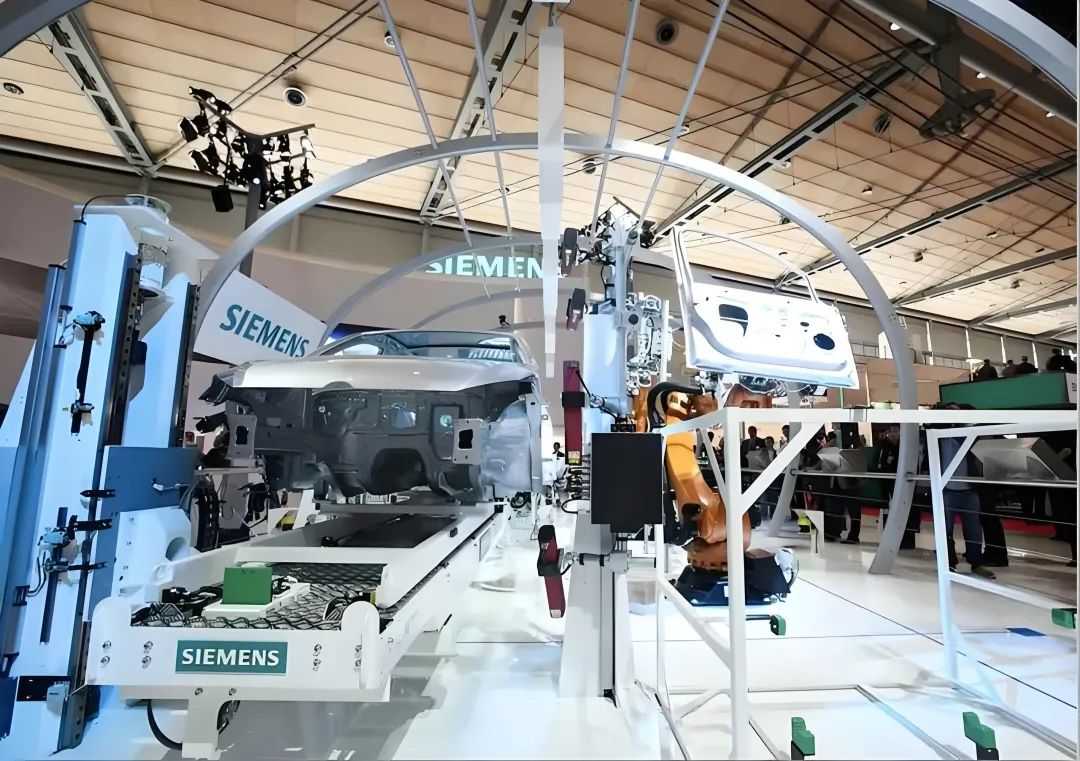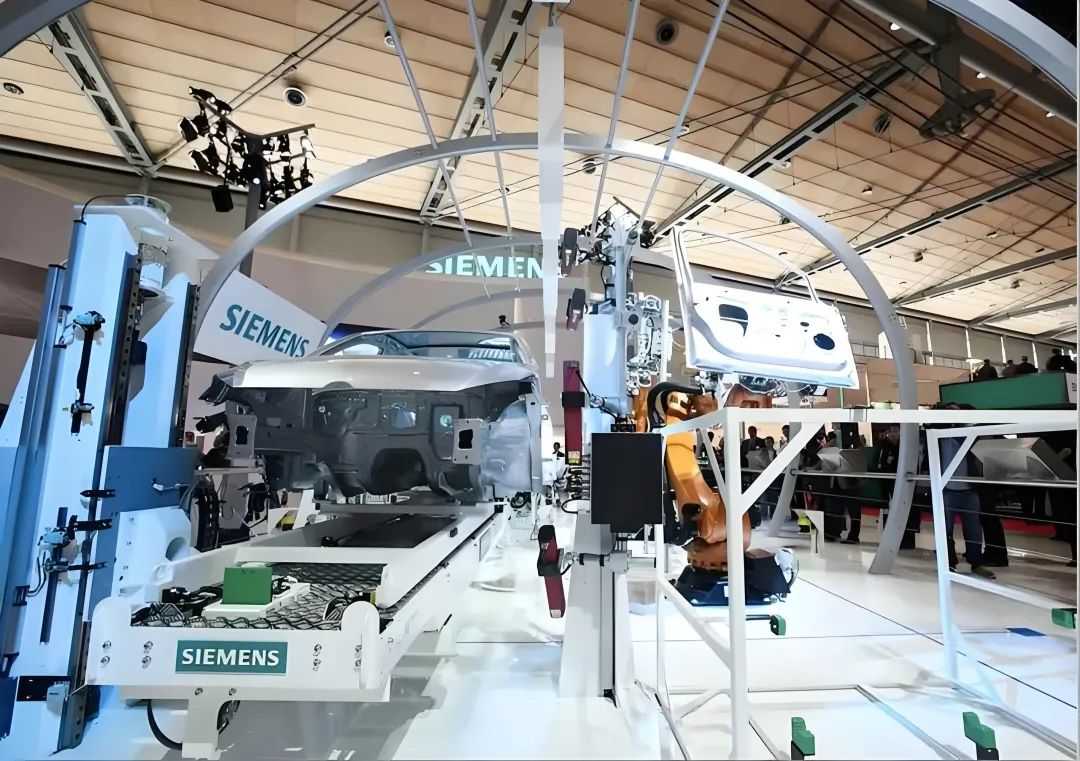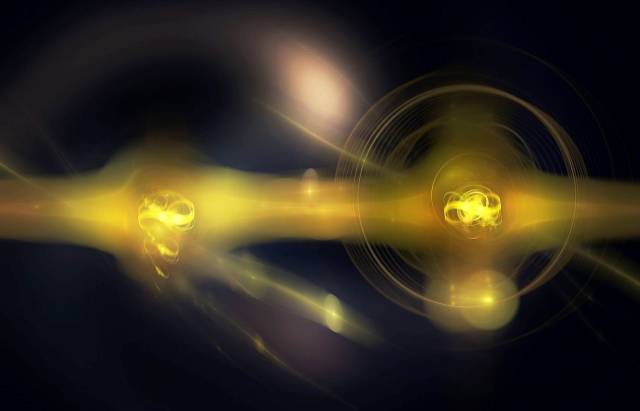Germany's remarkable record of 111 Nobel laureates stands as a powerful testament to the nation's enduring excellence in scientific research. Spanning from 1901 to the present, these accolades are predominantly concentrated in traditional strongholds such as physics, chemistry, biology, and medicine, highlighting Germany's long - standing commitment to advancing fundamental knowledge in these critical fields.
Germany's Nobel Dominance: A Testament to Scientific Depth and Industrial Might
Germany's remarkable record of 111 Nobel laureates stands as a powerful testament to the nation's enduring excellence in scientific research. Spanning from 1901 to the present, these accolades are predominantly concentrated in traditional strongholds such as physics, chemistry, biology, and medicine, highlighting Germany's long - standing commitment to advancing fundamental knowledge in these critical fields.

Source: Images from the Internet, if there is any infringement, please contact the removal of
The country's success in the Nobel arena is deeply intertwined with its rich scientific heritage and robust industrial base. Renowned research institutions, like the Max Planck Society and the Helmholtz Association, have fostered an environment where groundbreaking discoveries flourish. In physics, German scientists have made seminal contributions to quantum theory and particle physics, while in chemistry, innovations in organic synthesis and materials science have earned international acclaim. The close collaboration between academia and industry has been a key driver. For instance, Germany's advanced manufacturing sector provides real - world applications for scientific breakthroughs, fueling continuous research and development. This symbiotic relationship ensures that scientific discoveries are not only recognized with Nobel Prizes but also translated into practical technologies that benefit society.
Moreover, Germany's education system, renowned for its rigor and emphasis on technical and scientific training, cultivates a pipeline of highly skilled researchers. The nation's universities, with their state - of - the - art laboratories and distinguished faculty, play a crucial role in nurturing future Nobel laureates. As Germany continues to invest in research infrastructure and promote interdisciplinary collaboration, its legacy of Nobel achievements is likely to endure, reinforcing its position as a global leader in scientific innovation and technological advancement.






